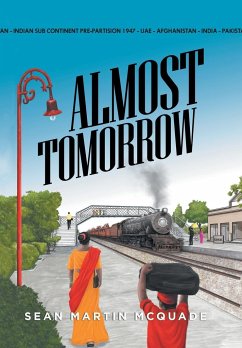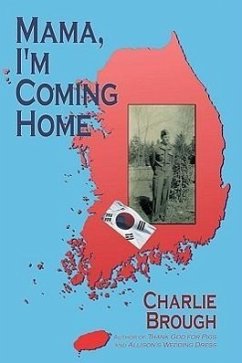Even though this book Almost Tomorrow is fictional, it is based upon the life story of an Anglo-Indian lady from Goa prepartition of India oriented around 1947 and, there afterwards, includes tales of the lives of her extended family. Parveen and her younger sister Bulbul had, through no fault of their own, ended up trapped for life as bonded labourers in the brick-kiln industry in Pakistan. Their drama began at an early age when their family moved from Goa to a small railway town called Kamoke situated in rural Punjab. The years just after World War 2, with the partition of the Indian subcontinent and the formation of Pakistan and India as separate independent nations, came into being. An account of one single massacre in the Kamoke railway station provides the reader with a window into what might possibly have happened to a portion of approximately 1.5 million people who were murdered or killed during the mayhem. Also, that year, the mighty British Raj was preparing to finalise their occupation of the Indian subcontinent and return to Great Britain. They had repulsed a Japanese massive attempt to invade Northeast India from Burma. The British army, along with the support of a couple of Indian regiments and American air support, suppressed the advance. One of Lord Louis Mountbatten's chief contribution was to coordinate the partition on behalf of Her Majesty Queen Elizabeth. He also was responsible for drawing up the new international (Radcliffe Line) boundary between the two new countries. The agreement went ahead on the 14-15 August 1947 in the company of Prime Minister Nehru representing India and Jinnah, the 'Quaid-E-Azam' (Founder of the Nation), representing Pakistan.
Hinweis: Dieser Artikel kann nur an eine deutsche Lieferadresse ausgeliefert werden.
Hinweis: Dieser Artikel kann nur an eine deutsche Lieferadresse ausgeliefert werden.








